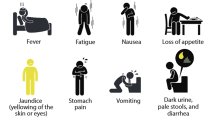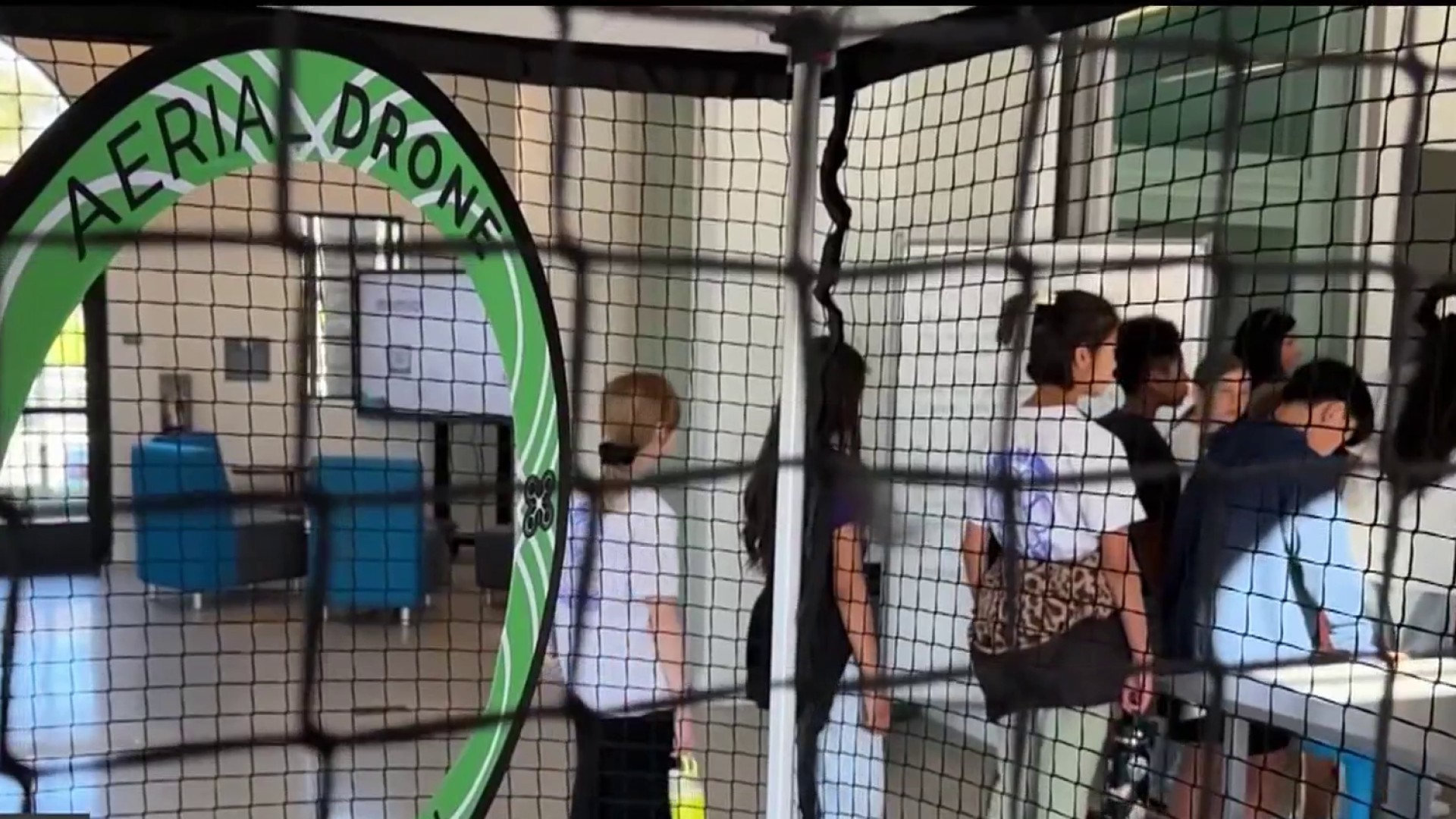As the Hepatitis A outbreak continues to proliferate in San Diego, the county has extended the health emergency declaration. As of Oct. 10, there were 18 reported deaths from the disease in the region. NBC 7’s Megan Tevrizian reports.
The San Diego County Health and Human Services extended the local health emergency declaration and updated the number of people infected with the Hepatitis A virus Tuesday.
Eighteen people have died, and 490 cases have been confirmed as of Oct. 10, according to county officials. Of those cases, there have been 342 hospitalizations.
County officials announced that the local health emergency declared on Sept. 1 will remain in effect for another two weeks, while they work to get a handle on the outbreak.
After a review of the current health situation, the County Board of Supervisors voted Tuesday to extend the declaration through Oct. 24. The board is required to review the declaration every 14 days.
The county will keep increasing its efforts to provide the public with vaccinations, sanitation and education, said the county's public health spokesperson Wilma Wooten.
A third of the cases involved people who used illicit drugs and are considered homeless. Of the cases, 25 percent are neither homeless or drug users.
Local
Officials said 68,500 Hepatitis A vaccines have been given by health care systems or pharmacists to date, including nearly 54,000 to people at high risk. Local health care systems, community clinics and pharmacies provided more than 36,000 out of those vaccinations. Mass vaccination events, mobile vans and foot teams handed out about 21,600.
Additionally, local food handlers and at-risk professionals received 10,800 shots.
The City of San Diego has installed new bathrooms in the East Village to help curb the spread of the virus. That area has a high concentration of transients. Those restroom facilities will be maintained at least twice a day, and will be monitored by full-time security, the city said.
There are currently 22 public restroom facilities in downtown San Diego, as listed here.
City crews have also sanitized sidewalks in the downtown area and installed hand-washing stations.
Currently, there are 99 handwashing stations around the county, said county officials. The majority are located in the City of San Diego.
County health officials have also notified 14,000 food facilities in the area as well as agricultural growers and public pools. An extensive education campaign is underway with food handlers and restaurants.
The groups most at risk are the homeless and illegal drug users, as well as people who work with homeless individuals, men who have sex with men, people with chronic liver disease, travelers to certain countries and people with clotting disorders, according to the county.
More than 6,400 hygiene kits were handed out to the at-risk population, said county officials. Those kits included hand sanitizer, cleansing wipes, bottled water, a waste bag and information pamphlets on Hepatitis A prevention.
Due to the ongoing outbreak, health officials have also encouraged food handlers and people who work with the homeless to get vaccinated.
Hepatitis A is a liver infection caused by a virus that is highly contagious. The Hepatitis A virus can be contracted by touching objects or eating food that someone with the Hepatitis A infection has handled or by having sex with someone who has an HAV infection.
Some people get the virus but have no symptoms. Signs of infection include fever, fatigue, nausea, loss of appetite, yellowing of the eyes (jaundice), stomach pain, vomiting, dark urine, pale stools, and diarrhea. Adults are more likely to have symptoms than children.

The California Department of Public Health suggests anyone who has been exposed to the virus, and who has not been previously immunized for Hepatitis A, should consider getting vaccinated no later than two weeks after exposure.
Click here to see a timeline of San Diego County's Hepatitis A Outbreak.
For more information, go to the county's website.



